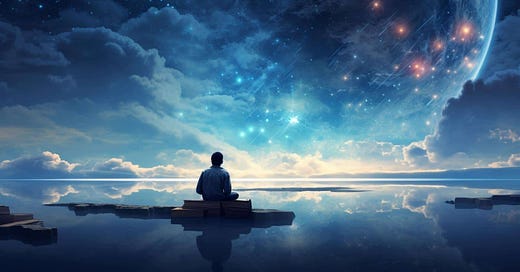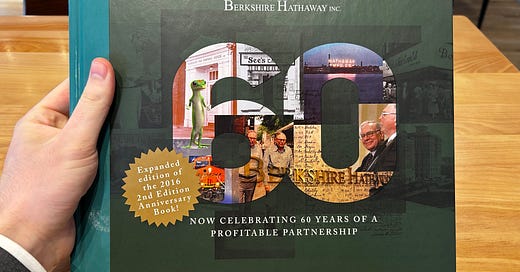ChatGPT is only the start of the AI revolution
OpenAI's viral language bot has reignited the public conversation over AI — but experts have sounded the alarm over too-rapid advancement.
You've probably noticed AI is everywhere.
OpenAI's buzzy language tool, ChatGPT, has sparked a new public conversation about the potential of bots, and mainstream media and social media have been all over it.
ChatGPT, which is entertaining to play around with, can write convincing emails, real-estate listings, and even articles.
It's left some not only worried about job security, but wondering whether their role will even exist for much longer.
But this viral bot is just the start. Experts have long been warning about the "singularity" — the moment when our technology's intelligence exceeds our own.
The future is already here
In 2014, Oren Etzioni, chief executive of the Allen Institute for Artificial Intelligence, called the fear of machines a “Frankenstein complex.” Other heavy-hitters have drawn parallels between AI alarmism and religious extremism, doomsday preppers, and the need to populate Mars.
But Stephen Hawking, Elon Musk, Bill Gates, and a chorus of computer scientists take the matter far more seriously.
Once the singularity moment arrives, it will bring a change as dramatic as the initial emergence of human life, according to mathematician Vernor Vinge, and it's closer than we think.
“For all my rampant technological optimism, sometimes I think I’d be more comfortable if I were regarding these transcendental events from one thousand years remove[d],” Vinge said, “instead of twenty.”
Humans have always operated under the correct assumption that nothing on Earth is more intelligent than us. Sure, animals can be smart, but they’ve never posed anything close to an intellectual threat.
But one problem is that our perception of human intelligence is highly distorted.
We see a gap between, say, Albert Einstein and a very dumb human as a dramatic leap. But the actual discrepancy in intelligence is effectively zero, as far as computing power goes.
That means we won’t even notice the moment AI becomes as smart as the dumbest human, because it’s going to blow past Einstein at the same time.
Odds are, once AI can outmatch human intelligence by even a sliver, our reign is over, according to philosopher Nick Bostrom.
In his view, the current rate of technological advancement leading to the singularity will be humanity's demise.
As we barrel toward an inevitability, he said, not only is there is little we can do, but there is still no way the end-game won’t come as a complete surprise.
“Before the prospect of an intelligence explosion, we humans are like small children playing with a bomb,” Bostrom said in 2015. “We have little idea when the detonation will occur, though if we hold the device to our ear we can hear a faint ticking sound.”
Read the full essay here: The Rise of AI: We’re in serious trouble if artificial intelligence gets any smarter.










